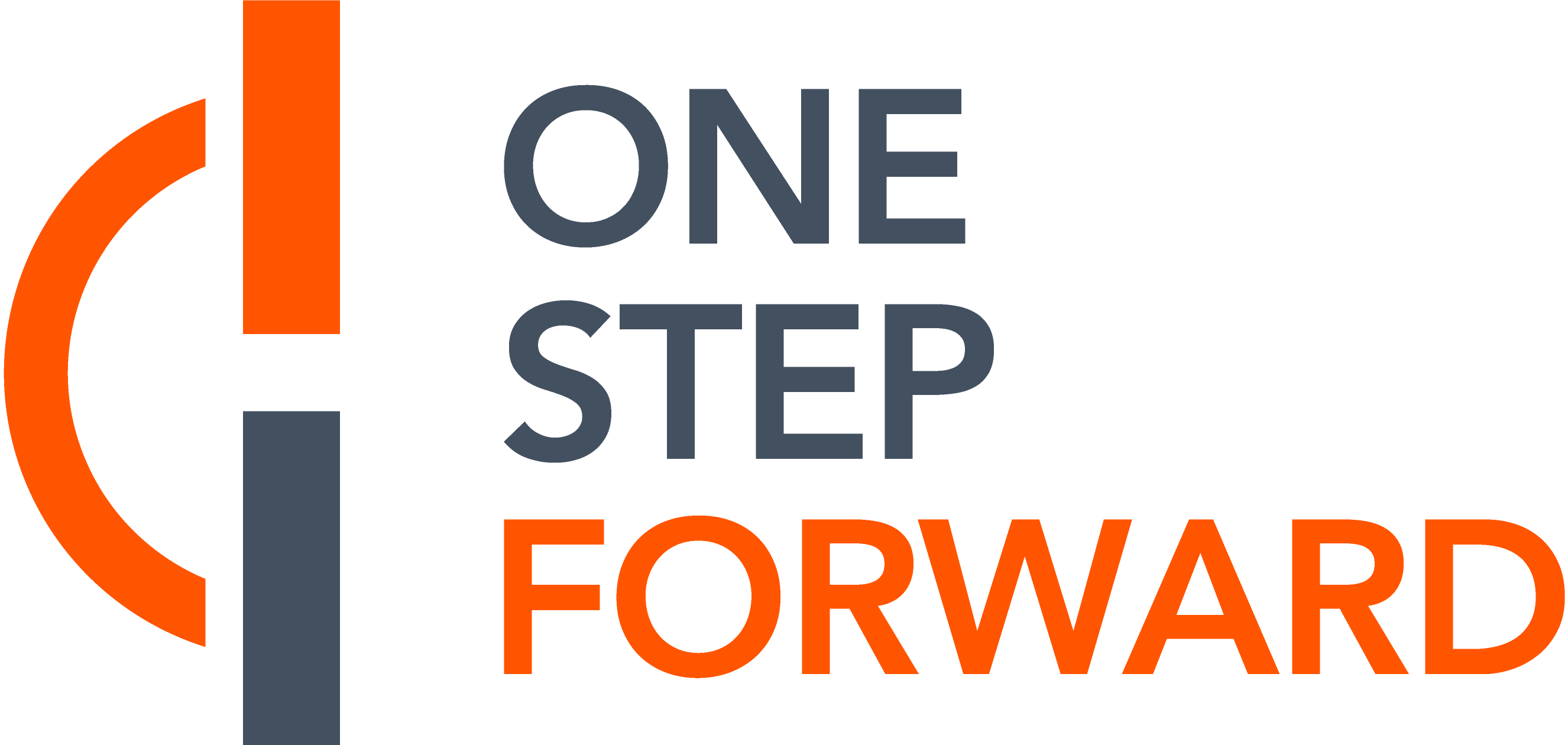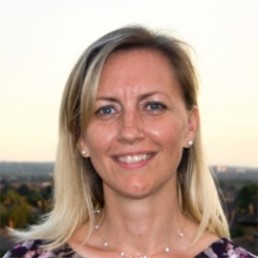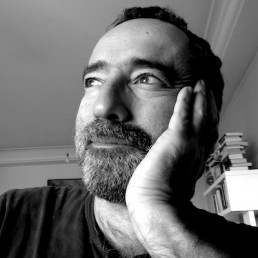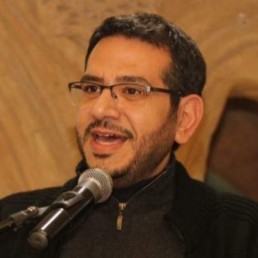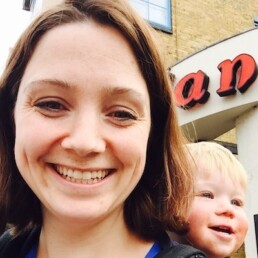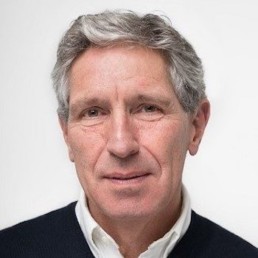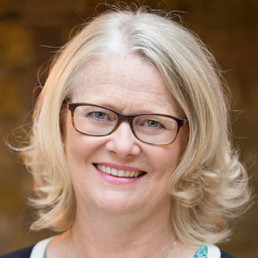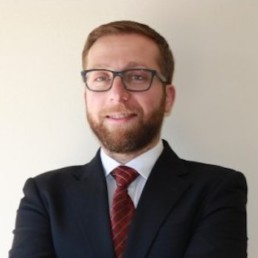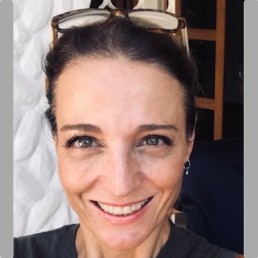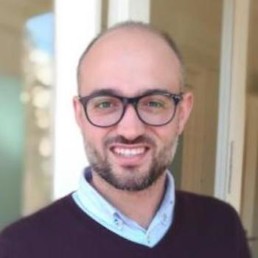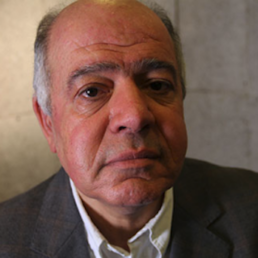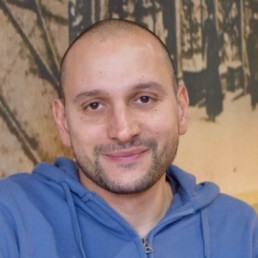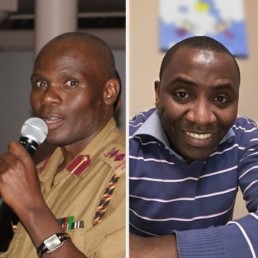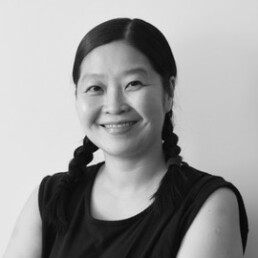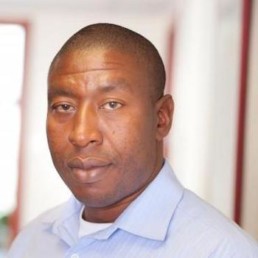Episode notes
Gemma pivoted away from a career in programme management and human rights advocacy to undertake a PhD in how we think about stress and meaning in the aid sector.
That done, she is now an independent consultant and facilitator on how aid agencies can become more healthy, inclusive and caring work spaces (blog: Life in Crisis).
With this as background, we have a conversation that touches on some of the most critical and under-discussed issues in the sector.
Topics discussed:
[02:20] Personal experiences in the aid sector and with stress and burnout. How aid workers think privately about what they do, versus public perceptions and the stories we tell.
[08:25] The stereotype of the ‘perfect humanitarian’, versus the realities of who is actually doing most of the work. The blind spots that this image creates. Recognising the mix of motivations and circumstances that people bring to the job.
[16:20] Cultural and situational differences in how we think about stress and burnout. The risk of designing policies around a small minority of aid workers coming from the global north.
[21:50] Re-thinking stress and mental health in the aid sector. The limitations of a technical / output-driven management style in a sector that is ostensibly about values and solidarity. Setting ambitions for staff to thrive in a fuller sense.
[35:00] Cultural and organisational changes to engage with stressors and long-term motivations of aid workers. Ensuring that we properly address the majority of the workforce who are working in their own countries.
[40:40] Some possible role models and sources of inspiration to make these kinds of changes.
[43:45] The experience of researching one’s own colleagues. What changed when encountering the same peer group with a very different role.
[48:50] Next steps to help improve well-being in the aid sector. Building a network of people to start doing things differently.
